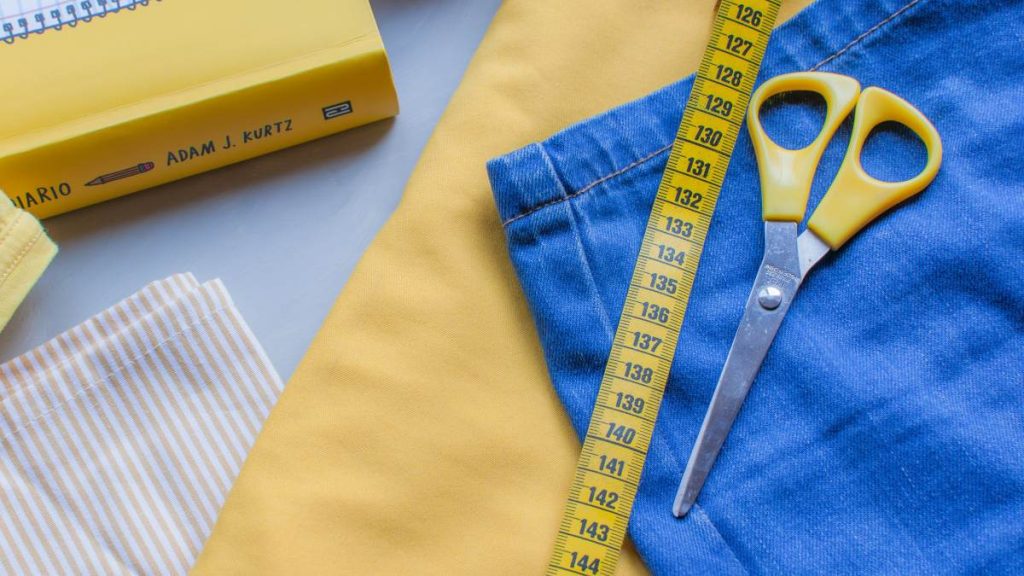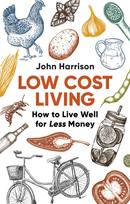The current economic climate is driving people to look for ways to save money. Inflation is making everyday purchases more expensive, while interest on debt continues to grow more rapidly. With real wages lagging behind inflation rates, the only option for many is to cut costs.
Reducing your outgoings is often misunderstood. It can be tempting to cut any expense that isn’t essential or to buy the cheapest options available, but this can do more harm than good. Ideally, you should try to minimise outgoings where they don’t impact your safety or wellbeing.
Where can buying cheap be counter-productive?
The aim of cutting costs is to reduce your outgoings in the long term. Sacrificing quality or value for the sake of immediate savings can do the opposite.
Take food, for example. Buying the cheapest produce or opting for the lowest price tag on the shelf can have repercussions for your health and wellbeing. Eating food with less nutritional value could increase your chances of being ill and this can have knock-on effects on your ability to work. It may also leave you less satisfied after meals, increasing the temptation to spend more on snacks or more food.
Trying to save money on house repairs by doing it yourself can put everyone in danger if you aren’t experienced enough. Any issues with your work can cost you more than simply hiring a professional in the first place. Cheap parts or components are also more likely to break. Buying quality can help to reduce the chances of having to buy twice, which will ultimately cost more.
Car maintenance is another area where people tend to dismiss spending money because they deem it non-essential. But the risks here are perhaps the most significant. Driving an unsafe car on the roads could result in a collision or incident that forces you to spend hundreds or thousands on repairs. Not to mention the potential legal ramifications of causing someone else harm because of your neglect.
Where to focus your efforts instead
The best places to reduce your outgoings are areas where spending is often excessive or unnecessary. This could be unused subscription services or regular takeaway food. Look at your bank statements or spending trackers on digital apps to see where most of your money is going each month.
Regular bills such as utilities and phone contracts are also good options to consider. Savings made here can be huge and many only require a few lifestyle tweaks or negotiations. Identify ways you could be saving more energy at home to reduce your payments or swap to a sim-only deal if you’re nearly out of contract.
Don’t always focus on buying the cheapest options or cutting out entire costs because you’re trying to save money in the short term – it could cost you significantly more in the long term.


